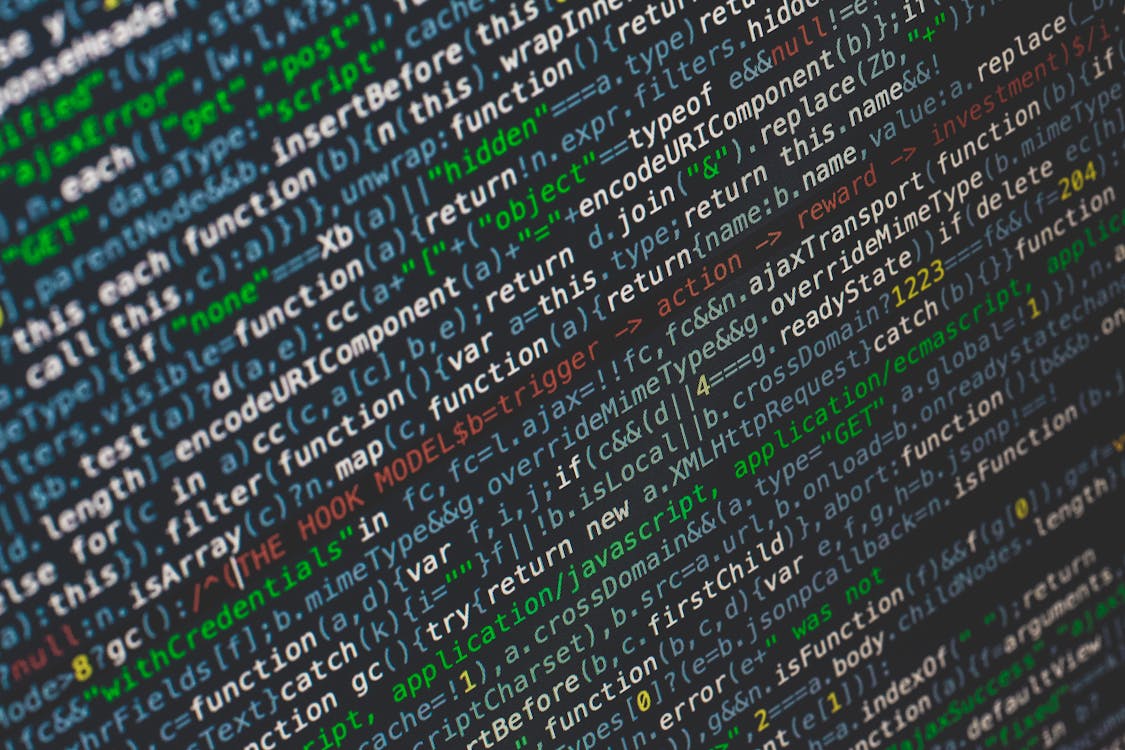Are Programming Languages Context Free?
Author: ChatGPT
February 28, 2023
Introduction
Programming languages are the building blocks of modern technology. They are used to create software, websites, and applications that power our lives. But what exactly are programming languages? Are they context free? In this blog post, we'll explore the concept of context free programming languages and how they can be used in software development.
A programming language is a set of instructions that a computer can understand and execute. It is a way for humans to communicate with computers and tell them what to do. Programming languages come in many different forms, from low-level assembly language to high-level scripting languages like Python or JavaScript.
At the heart of all programming languages is the concept of context free grammar (CFG). A CFG is a set of rules that define how words or symbols can be combined to form valid sentences or commands in a given language. In other words, it defines the syntax of a language.

What Is Context Free Grammar?
Context free grammar (CFG) is a type of formal grammar used to describe the structure of strings in a given language. It consists of four components: terminals, non-terminals, productions, and start symbols. Terminals are symbols that cannot be broken down further; they represent actual words or commands in the language. Non-terminals are symbols that can be broken down into smaller parts; they represent abstract concepts such as nouns or verbs. Productions are rules that define how terminals and non-terminals can be combined to form valid sentences or commands in the language. Finally, start symbols indicate where sentences should begin; they usually correspond to specific keywords such as “if” or “while” in programming languages.
CFGs are used by compilers and interpreters to parse source code written in a given language and determine if it is valid according to its syntax rules. If it is not valid, then an error message will be displayed indicating which part of the code needs to be corrected before it can be executed correctly by the computer.

Are Programming Languages Context Free?
The answer is yes! All modern programming languages use CFGs as their underlying structure for defining syntax rules and determining whether source code is valid or not. This means that all programming languages are context free by definition since they rely on CFGs for their syntax rules.
However, not all CFGs are created equal; some may have more complex rules than others depending on their purpose and intended use case(s). For example, some scripting languages may have simpler CFGs than compiled languages due to their dynamic nature while compiled languages may have more complex CFGs due to their static nature and need for optimization during compilation time.

How Can We Use Context Free Grammars?
CFGs can be used for many different purposes when it comes to software development: from parsing source code written in a given language (as mentioned above) to creating parsers for natural language processing applications such as chatbots or voice assistants like Siri or Alexa. They can also be used for creating compilers which convert source code written in one language into another (e.g., C++ into Java). Finally, CFGs can also be used for creating interpreters which execute source code directly without needing any compilation step beforehand (e.g., Python).
In conclusion, all modern programming languages rely on context free grammars as their underlying structure for defining syntax rules and determining whether source code is valid or not; this makes them all context free by definition! Furthermore, CFGs can also be used for many other purposes related to software development such as creating parsers for natural language processing applications or creating compilers/interpreters which convert/execute source code written in one language into another/directly respectively

How Long Does It Take To Sell Stock And Get Money?
Discover the answer to one of the most frequently asked questions in the world of finance - learn how long it takes to sell stock and receive your earnings.

What Are High Dividend Stocks?
Discover how investing in high dividend stocks can potentially provide a steady income stream and increase your long-term returns in the stock market.

Are Data Science And Machine Learning The Same?
Data science is a field of study that focuses on extracting insights from large amounts of data. It involves using various techniques such as machine learning, natural language processing, statistics, and data mining to analyze data sets and uncover patterns or trends.

Are Remarkable Tablets Worth It?
Are you looking for a device that can replace your notebooks and printed documents? If so, you may have heard of the reMarkable 2 tablet.
